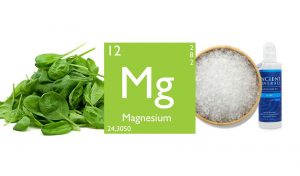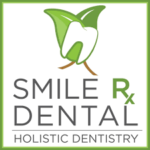Many people believe that calcium is the key nutrient for strong, healthy teeth. Calcium is definitely important, but magnesium may just be one step above it.
While it is acknowledged that more information and further studies are required to nail down all the ways in which magnesium benefits your oral health, mgwater.com maintains that: “a number of studies have now established that it is magnesium, not calcium, that forms the kind of hard enamel that resists decay. And no matter how much calcium you take, without magnesium only soft enamel can be formed. If too soft the enamel will lack sufficient resistance to the acids of decay.”
Sources of Magnesium
Dietary sources of magnesium include leafy green vegetables grown in well mineralized farm soils, seeds, tree nuts, kelp and most sea vegetables. Using unrefined sea salt as well as making bone broth on a regular basis are also good sources of magnesium and other minerals.
Soaking in an Epsom salt bath or using magnesium chloride flakes for a foot bath is also beneficial. It can also be applied as magnesium oil (which is a supersaturated concentration of magnesium, it is not an oil). Transdermal use of magnesium bypasses the laxative effect of using that orally.
Different types of magnesium supplements are available and some are more readily used by the body. As an example, you may need a quickly absorbed magnesium if you are taking it at night for relaxation and sleep. You should consult your health care professional to discuss your specific needs for magnesium and what kind of supplements or dietary changes you can make to get enough of this key miracle mineral, needed for a healthy mouth and overall better health.




